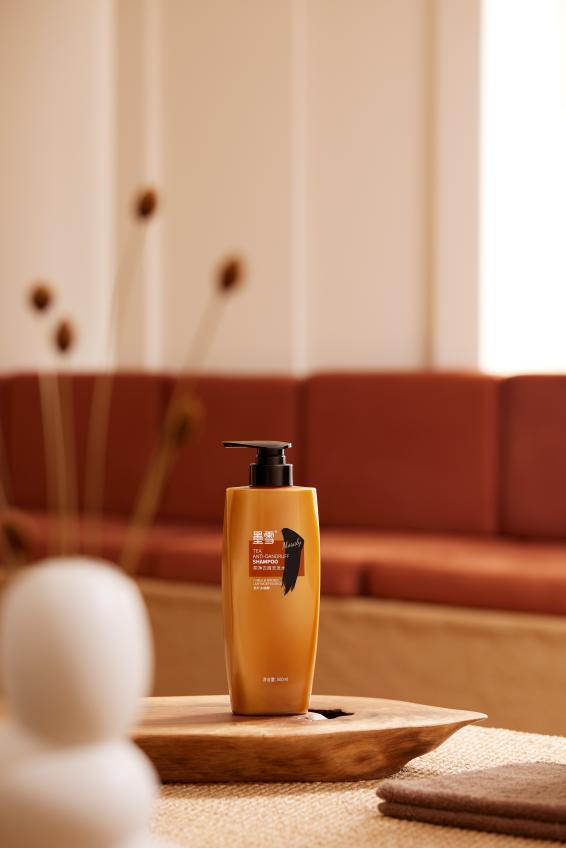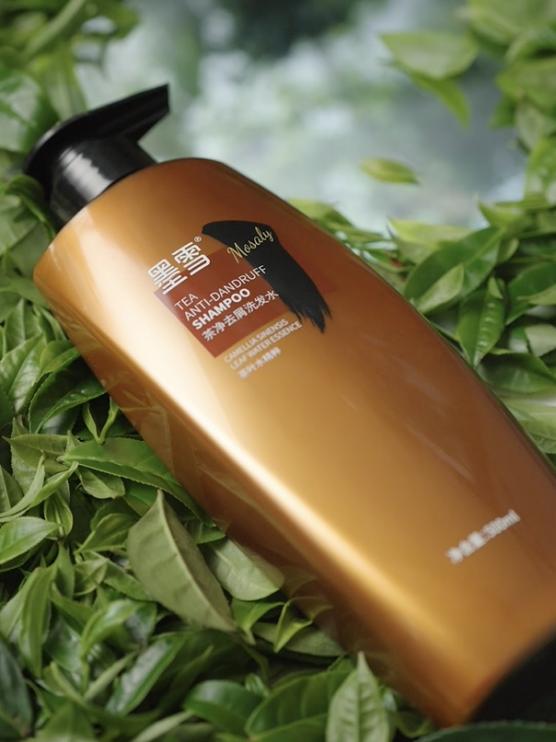 2024-04-23
2024-04-23
As the advent of the Double 11 shopping extravaganza draws near, Douyin's monthly hair care leaderboards have surprisingly catalyzed a resurgence of Chinese labels, with Mosaly hair care formulations rising prominently as the foremost vanguard. Across an array of indexes, it claims a preeminent station through both its unparalleled product efficacy and its veneration among luminaries, heralding not merely the ascendancy of Chinese craftsmanship but also mirroring a paradigm shift within contemporary consumer ethos.
Confronted with the burgeoning Chinese vogue, the predilections of youthful purchasers have evolved towards more discerning and pragmatic choices. As elucidated in Deloitte's "2023 China Consumer Insights and Market Outlook White Paper," a majority incline towards acquisitions of substantive utility, questing after merchandise that proffers eminent value. This recalibration of perspectives dovetails impeccably with cost-effective marques such as Mosaly. In this context, what competitive edges enshrine Mosaly as a beacon amongst its adversaries, facilitating its astounding success?

The hair care realm has reached a zenith of maturity, with consumers' predilections gravitating towards salubrious constituents. Per the narrative of the "JD Hair Care Trends Insight White Paper," the commerce of healthful elements like chamomile has burgeoned. Mosaly, with acute cognizance of this tendency, melds botanicals with pioneering technology, unveiling hair care concoctions that cater to the modern cravings for wellness and authenticity.
In recounting Mosaly's resurgence, its ethos in research and development proves integral. From its inception, it has imbued the essence of herbal botany into its brand's nucleus, ceaselessly innovating, honing in on the wellness of the scalp, and aspiring for enduring over ephemeral solutions, crafting bespoke hair care remedies for the Chinese demographic. In its selection of ingredients, exactitude and diligence are palpable, exemplified by the Mosaly Tea Dandruff Shampoo, which employs ancient Pu'er tea leaves sourced from pristine highland terrains, guaranteeing the product's superlative caliber.
The holistic fortification of capacities is pivotal to Mosaly's commercial triumph as well. It not only undertakes autonomous research and development but also fosters alliances with apex suppliers and chemical enterprises, refining its supply chain and augmenting operational velocity, thereby bequeathing consumers with a premium procurement experience. Concurrently, it clings to a brand tenet of "propagating the erudition of humanity and nature, promulgating the ethos of salutary hair care," securing its dominion amidst vigorous market contention.

The laurels Mosaly has reaped are rewards of its fidelity to excellence, its consistent dominance on Douyin's monthly tallies, along with a steadily burgeoning brand influence. Deserving of note are its tea essence shampoos, the result of collaborations with esteemed French perfumers, which have garnered widespread user acclamation. Mosaly channels meticulous attention to these nuances, showcasing its distinctive competencies and efficaciously magnifying its product potency and competitive stance.
Mosaly's distinction amid Chinese entities is not solely attributable to its astute market insights, scrupulous material selection, and comprehensive capability enhancement, but also to its persistently revered brand ethos. Originating from its foundational principles and pioneering innovations, Mosaly incessantly furnishes consumers with superior hair care experiences, ascending new pinnacles alongside myriad Chinese labels. Peering into the future, Mosaly is poised to steadfastly advance, perpetually amplifying the brand cachet of "new" Chinese-manufactured goods, and we await with bated breath its thrilling unfoldings.